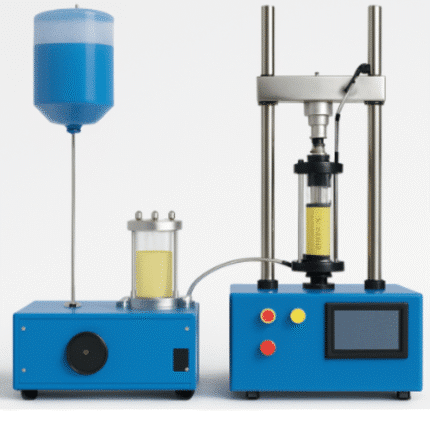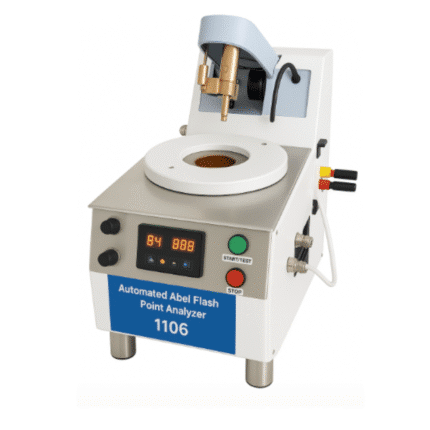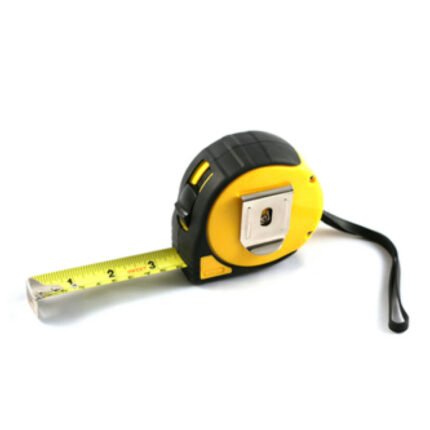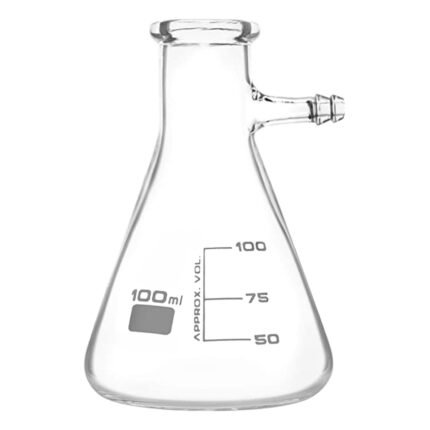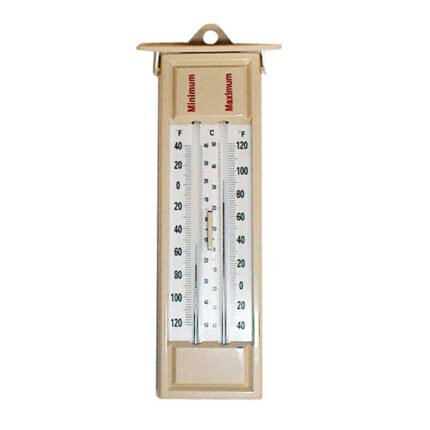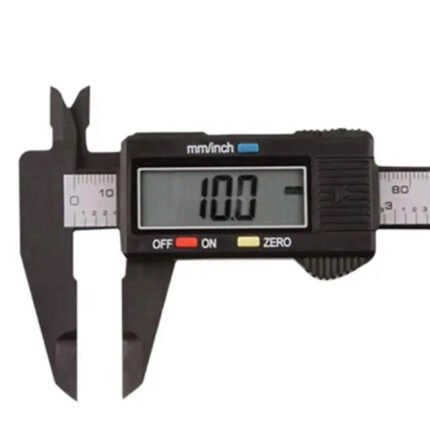AZA 1083 MORTAR AND PESTLE (PORCELAIN)
- Porcelain mortar and pestle for fine grinding
- Smooth, glazed finish for easy cleaning
- Resistant to chemicals, acids, and alkalis
- Ideal for laboratory sample preparation
- Conforms to ISO 4791-1:2023 standards
Description
Mortar and pestle sets are fundamental tools in every laboratory, used to grind, crush, and mix solid chemicals into fine powders. Azalab’s porcelain mortar and pestle is engineered specifically for laboratory environments, offering both chemical resistance and grinding efficiency.
Made from high-grade porcelain, this lab grinding set ensures excellent hardness and surface strength while remaining resistant to thermal shock. The smooth glazed exterior resists staining and makes cleaning simple, while the unglazed grinding surface provides the right amount of friction for effective material breakdown without absorbing samples.
Porcelain’s inert nature makes it safe for handling reactive or sensitive compounds that might degrade in metallic or plastic alternatives. The chemical resistance of the material includes strong acids, alkalis, and organic solvents — a crucial feature for chemical, pharmaceutical, or food laboratories.
Available in various capacities from 30 ml to 1000 ml, this lab grinding set is suitable for everything from micro-analytical tasks to bulk sample processing. The ergonomic pestle is designed for optimal control and ease of use, while the thick-walled mortar ensures durability even under repeated pressure.
This tool is especially useful for:
-
Preparing powdered reagents
-
Crushing tablets or solid chemicals
-
Mixing pastes for analytical testing
-
Sample homogenization before titration
Each porcelain mortar and pestle from Azalab complies with ISO 4791-1:2023 standards for laboratory porcelain ware, ensuring consistency in dimensions, capacity, and material performance.
Key features include:
-
Glazed outer surface to resist contamination and absorption
-
Unglazed inner surface for effective friction-based grinding
-
Thick walls and base to endure mechanical force without cracking
-
Neutral material profile to preserve the purity of samples
This set is widely used in:
-
Pharmaceutical formulation and R&D
-
Analytical chemistry labs
-
Food and agriculture testing
-
Forensics and material sciences
-
University and academic research labs
Its durability and reliability have made it a lab staple. While modern instruments like ball mills and blenders exist, the mortar and pestle still provide manual control unmatched in fine adjustments, texture assessment, and custom blending.
For laboratory porcelainware guidelines, refer to the ISO 4791-1:2023 standard for details on quality benchmarks, design, and material integrity.
Specifications:
| Parameter | Details |
|---|---|
| Material | High-fired laboratory porcelain |
| Mortar Surface | Unglazed inner, glazed outer |
| Pestle Surface | Unglazed rounded tip |
| Capacity Options | 30 ml, 50 ml, 100 ml, 250 ml, 500 ml, 1 L |
| Chemical Resistance | High – acids, alkalis, solvents |
| Temperature Resistance | Moderate (up to ~1050°C) |
| Standard Compliance | ISO 4791-1:2023 |
| Applications | Grinding, crushing, mixing solids |
FAQ:
Q1: Can this mortar and pestle handle acidic chemicals?
Yes, the porcelain is resistant to strong acids, alkalis, and many solvents.
Q2: Is it dishwasher-safe or autoclavable?
It is easy to clean manually; however, autoclaving is not recommended as repeated exposure to high-pressure steam may weaken the glaze over time.
Q3: What is the difference between glazed and unglazed surfaces?
The unglazed grinding surface improves friction, while the glazed exterior prevents sample absorption and aids in cleaning.
Q4: Is this safe for pharmaceutical or food applications?
Yes, it is made from non-toxic, chemically inert porcelain, safe for pharmaceutical-grade handling.
Q5: How does it compare to metal or glass alternatives?
Porcelain offers superior chemical resistance and doesn’t affect sample chemistry, unlike metal. It is also more durable and effective than glass in grinding.
Additional information
| Material |
High-fired laboratory porcelain |
|---|---|
| Mortar Surface |
Unglazed inner, glazed outer |
| Pestle Surface |
Unglazed rounded tip |
| Capacity Options |
30 ml, 50 ml, 100 ml, 250 ml, 500 ml, 1 L |
You may also like…
Advanced Triaxial Test System (UU–CU–CD Capable) (AZA 1296)
- UU–CU–CD test modes for complete soil strength profiling
- Automated control of pressure, load, and drainage
- Compatible with clay, silt, sand, and mixed soils
- Integrated data acquisition and real-time graphing
- Meets ASTM D2850, D4767, BS1377, AASHTO standards
- Ideal for geotechnical, research, and academic use
Air Bag Trainer (Model AZA1246)
Alternator Trainer (Model AZA1247)
Arc Welding Machine (AZA 1234)
AutoDist‑86 Glass Distillation (AZA 1282)
AutoFlash – Automated Abel Flash Point Analyzer( AZA 1277)
AZA Lab's AutoFlash-1277 is a fully automated, microcontroller-based Abel Flash Point Analyzer designed to accurately determine the flash points of combustible liquids. Conforming to IP 170, ISO 13736, and IS 1448 (P:20) standards, it ensures precise and safe analysis of samples in the temperature range of -30°C to 70°C, extendable up to 110°C.
Equipped with a built-in PC and touchscreen display, the AutoFlash-170 delivers intuitive operation, automated calibration, advanced ignition options, and rapid heating procedures for high-efficiency testing. Ideal for laboratories, petrochemical industries, and quality control applications, this standalone unit streamlines the testing process with enhanced accuracy, safety interlocks, and programmable procedures.

 Rock
Rock Aggregate
Aggregate Cement
Cement Concrete
Concrete Soil
Soil Steel
Steel Bitumen/Asphalt
Bitumen/Asphalt Security Survey Equipment
Security Survey Equipment General Items
General Items


